Career Development and Employee Engagement
Companies Can’t Afford to Ignore the Connection
To stop today’s revolving door of employee turnover, companies should focus their efforts on cultivating an engaged workforce. The evidence is clear that engaged employees stay in organizations longer. And with the cost of replacing one employee being between one-half to twice that employee’s salary, retaining your workforce is imperative in today’s challenging economic environment. This, plus the other benefits engaged workers bring – such as increased productivity and revenue – makes investing in the job satisfaction of your employees a no brainer.
While there are many factors that can drive engagement, according to recent surveys, a current top driving force appears to be career development.
- The 2021 Talent Index, which surveyed 5,000 U.S. and UK workers, found 83% of employees think their company should help with career progression.
- This is underscored by a recent Lattice survey in which a staggering 76% of respondents said they would be somewhat or very likely to leave a company because they were dissatisfied with career progression opportunities.
- Making the career development / employee engagement connection even stronger is Gallop’s The American Upskilling Study in which 61% of workers polled said upskilling is extremely or very important when weighing the decision to remain at their current job. 57% indicated they are extremely or very interested in participating in an upskilling program with 63% of those saying they are motivated to do so to advance their careers
- Although the Gallop State of the American Workplace was pre-covid, its findings are also worth noting:
- Of those looking for jobs, 52% said their manager or organization could have done something to prevent them leaving.
- Only 3 out of 10 employees said someone had spoken with them about their progress in the last 6 months.
- Only 3 out of 10 felt someone at work encourages their development.
Retaining the Talent in Which You’ve Already Invested
Employees want opportunities to help them hone existing skills, upskill, explore new avenues, and progress toward leadership positions. They want to see that there is a path forward for them. Demonstrating authentic interest in their professional advancement through mentoring, developing career plans, education/training opportunities and upskilling fosters engagement, retention and a better bottom line. Plus, by investing in skill building initiatives, you can look in-house to fill gaps created by emerging technologies.
Additionally, think about how much money you’ve invested in your current workforce. Consider the expense associated with hiring, onboarding, and training, as well as the hit your organization would take if it lost knowledgeable talent. The cost of attrition together with the benefits engaged employees bring to your company significantly outweigh the financial investment associated with career development initiatives.
Taking an active role in the career development of your existing workforce is a win-win for all involved.
Career Development Initiatives Can Entice New Talent
Your career development policies will not only help prevent your current employees from seeking job satisfaction elsewhere, they can also give you a leg up in today’s hiring crisis. As mentioned above, 76% of workers said they would be somewhat or very likely to leave a company because of career development satisfaction. So, it would seem that those individuals would be considering professional development initiatives when weighing job offers. Gallop’s The American Upskilling Study also found that 65% of workers believe employer provided upskilling is very important when evaluating a new job prospect.
People want to work for organizations with a culture that emphasizes and supports learning and development. Providing education, training, upskilling and re-skilling opportunities is an attractive selling point for your organization because it lets potential hires know that you are committed to helping them progress in their careers.
Career development is a must-have for both existing employees and potential new hires. Given how it can help attract and retain talent in today’s Great Resignation, leadership needs to make it an employee engagement priority.
 En Español
En Español








